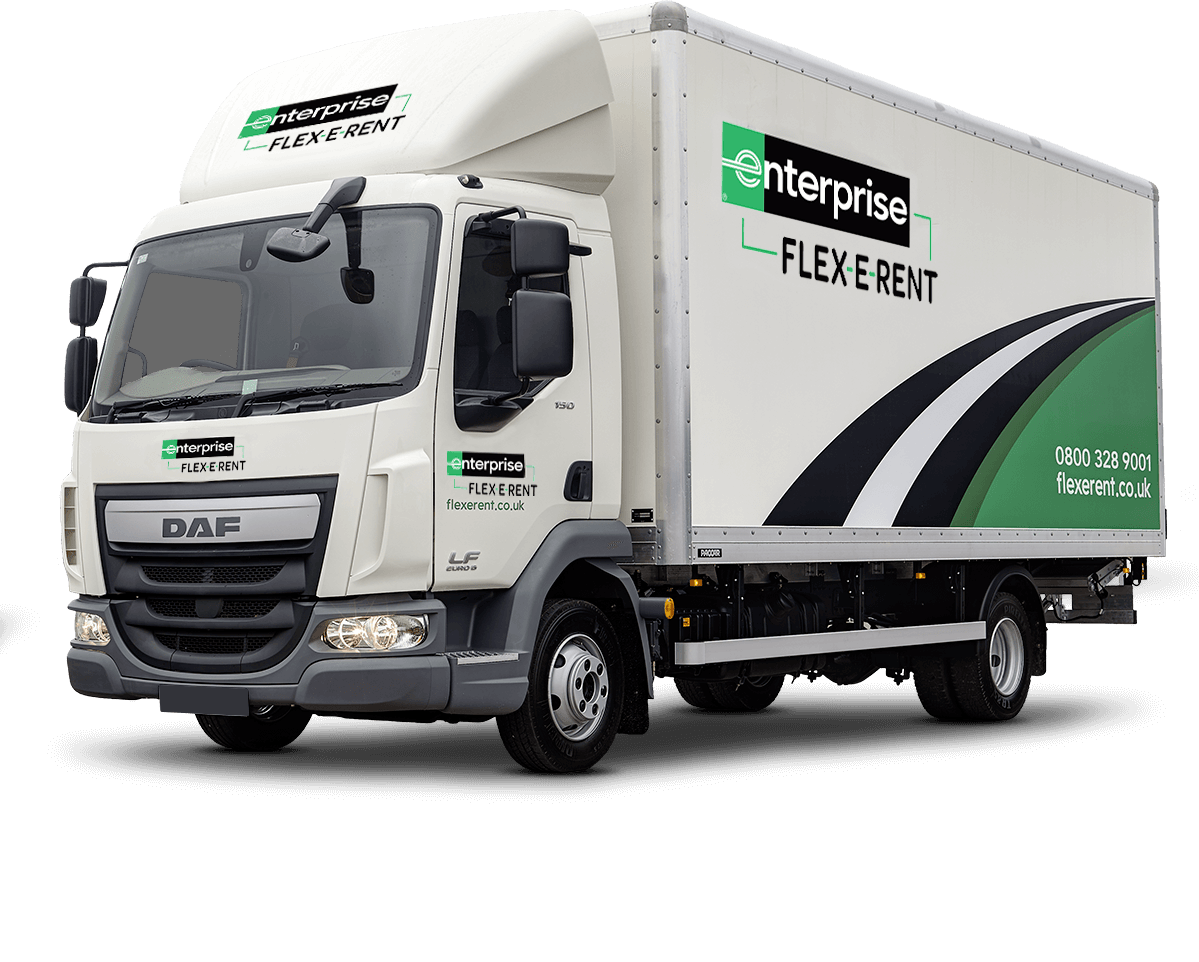Being a successful fleet manager takes a very special set of skills. Not only do you need to have a good brain for logistics and be an effective communicator, you need business acumen, strong knowledge of HR, health and safety and skin that’s a thick as a rhinoceros’s. When things go wrong, the buck stops with you, so you need to be able to solve problems quickly. And with fleets being supported by more and more technological innovations, knowledge of how software works is an absolute must.
Given the nature of the job, it’s hard to single out the most essential skills needed – unless being a superhero counts as one of them! So we asked some people in the job what they thought the top five skills of a modern fleet manager were. This is what they said.
1. Knowledge of modern vehicles
Getting the best vehicles for your type of fleet is the key challenge of any fleet manager, especially as new technological innovations are appearing on the market all the time. You not only need to choose vehicles that have the optimum size and payload for the work they do, but you also need to know about their fuel consumption and reliability if you are to keep running costs low. Features such as lane keeping, autonomous cruise control and automatic braking can also help with safety and fuel consumption, so you need to be able to assess their cost and potential impact on your fleet.
2. Finding and retaining drivers
There’s currently a shortage of drivers, so finding and retaining the best ones is one of your greatest challenges as a fleet manager. As recently as 2012, for every LGV driver seeking employment, there were six positions advertised. Worse, the number of new drivers qualifying each year is falling.
A major part of the problem is relatively low pay and long hours, which is usually beyond the scope of a fleet manager to solve. However, a good fleet manager will find ways to make driver conditions the best they can – from organising journeys that give drivers more opportunity to stay near home, taking care of driver problems promptly and fostering a positive working atmosphere. You need to keep driver morale high.
3. Compliance
Ensuring the whole fleet is compliant is an essential role of a fleet manager. Health and Safety compliance is particularly critical as any person driving 25,000 miles or more each year has a 1 in 8,000 chance of being killed at work. Keeping abreast of legislation is vital, as is making the working environment as safe as possible (both for your employees and the people they share the road with) and ensuring drivers have safety training. Similarly, the fleet manager needs to make sure vehicles are road legal, have valid MOT certificates, are insured and taxed and that drivers hold CPC certificates where relevant.
4. Cost control
This is where a gifted fleet manager can make a real difference to a business. While some costs are unavoidable – such as the price of fuel – the aim is always to provide as much service as possible, as well as possible, for the minimum cost. Ways of doing this can include intelligent scheduling of journeys so vehicles are empty for as little time as possible, ensuring drivers are trained in fuel efficient driving techniques, that the most fuel efficient vehicles are used for each journey and so on. It’s also important to know the peaks and troughs of demand, allowing the fleet manager to lease vehicles to meet peak periods. Use of new technology such as telematics can make this job easier, but it doesn’t replace the detailed knowledge a good fleet manager has of his (or her) vehicles, drivers and daily schedules.
5. Technology
These days, fleet managers have to keep abreast of the latest technologies, whether it’s telematics, stock control or logistics software or programs that alert managers of maintenance issues or crashes in real time. There are so many software solutions out there that the real danger is that a fleet manager can get swamped with data – the real skill is understanding the technology and using it in ways that deliver a more efficient, cost effective and safe fleet.
We hope you’ve enjoyed these thoughts on the most important skills a fleet manager needs. Do you agree with them, or are there other skills you think are even more important? Let us know in the comments below.




